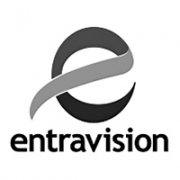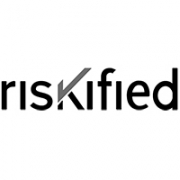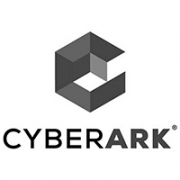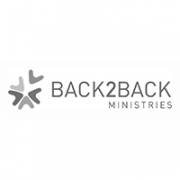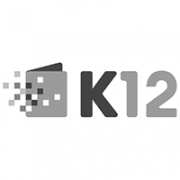6 Signs that it is Time to Deploy a Fund Accounting Solution for NetSuite
By: Mark Brousseau | August 12, 2020
Accounting can be a nightmare for non-profit organizations.
- Managing programs more efficiently
- Keeping track of funding sources
- Accounting for donated services
- Ensuring the correct allocation of expenses
This is only the tip of the iceberg.
Balancing the books and tracking grant funds is big challenge for many non-profits. Traditional approaches to fund accounting burden staff with excessive journal entries and other manual tasks.
Some non-profit organizations use multiple programs for funds that must be tracked separately. To keep everything in order, the non-profit must create a balance sheet for each fund, run clearing accounts, and spend hours manually reconciling any discrepancies that are discovered.

Feel like it may be time to rethink the way your non-profit manages its fund accounting? Here are six tell-tale signs that your non-profit organization needs a new approach:
- Inadequate visibility. Accountability is the linchpin of fund accounting. Non-profits need to know where things stand beyond the subsidiary and general ledger account level. But traditional approaches to fund accounting make it difficult to keep track of fund balances.
- Piecemeal reports. Traditional approaches to fund accounting make it hard for stakeholders to access the financial information they need. Staff must manually create reports such as balance sheets by grant, project, cost center, or a combination of these dimensions.
- Onerous management of funds. Each fund has its own self-balancing set of books to track assets, liabilities, revenue, expense and fund balances or net assets. Trying to make sense of it using traditional approaches to fund accounting is tedious, error-prone, and risky.
- Complex processes. Many non-profit organizations withhold money from their general operating fund until it is needed to cover expenses. The process of releasing these so-called restricted funds can be very complex using traditional approaches to fund accounting.
- Fragmented systems. Traditional approaches to fund accounting are siloed from a non-profit’s ERP. As a result, staff must key information into the ERP. Entering data across multiple systems increases the likelihood of error and may create an opportunity for fraud. Siloed systems can also result in critical accounting information being out-of-date.
- High compliance risks. Because nonprofits are fueled by grants and contributions, they have different financial accounting standards to meet than for-profit companies. Without the right information at the ready, meeting regulatory requirements such as donor designated funds and grant reporting is often overwhelming for non-profit organizations.
Do any of these challenges sound familiar? Click here to learn more about fund accounting.




